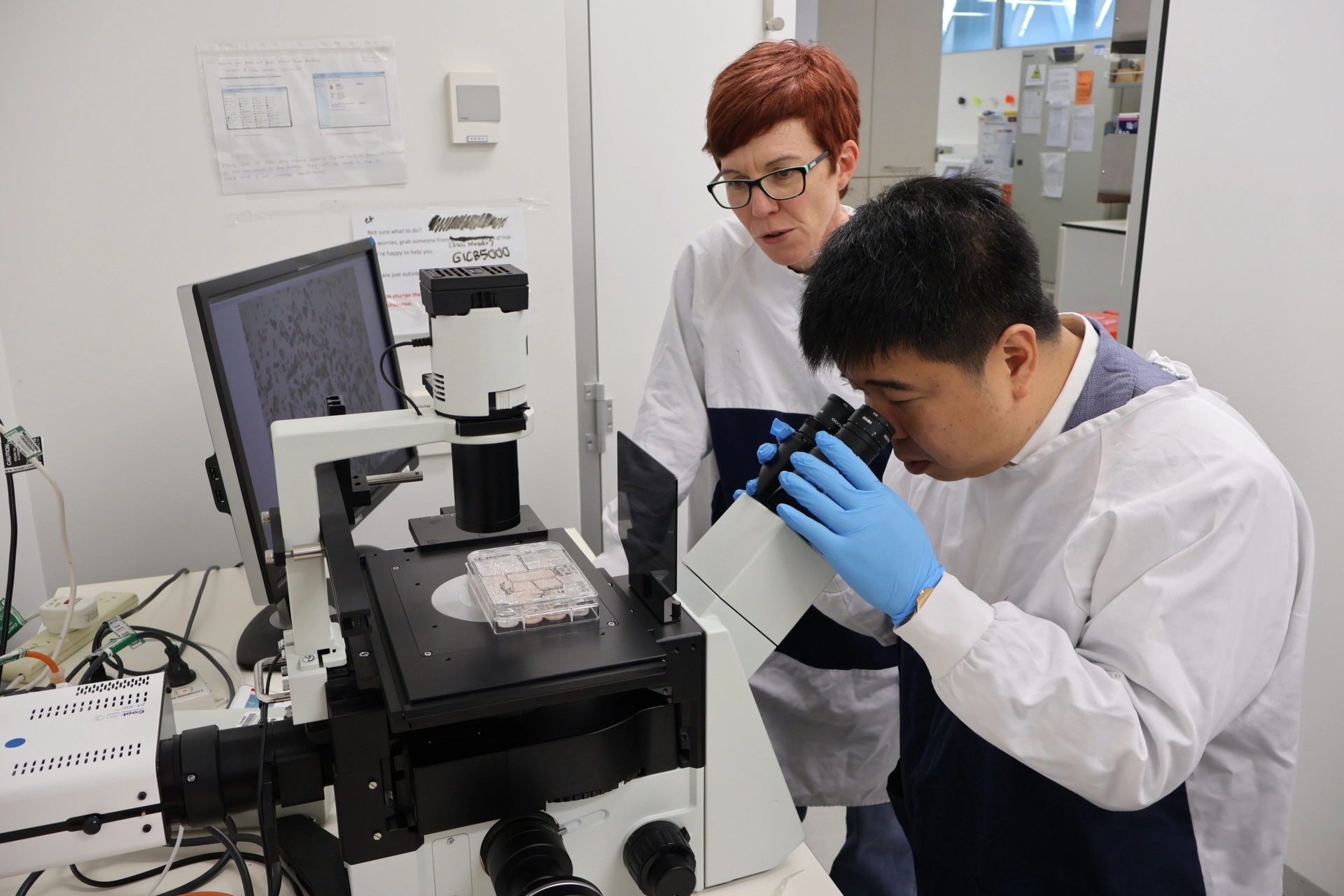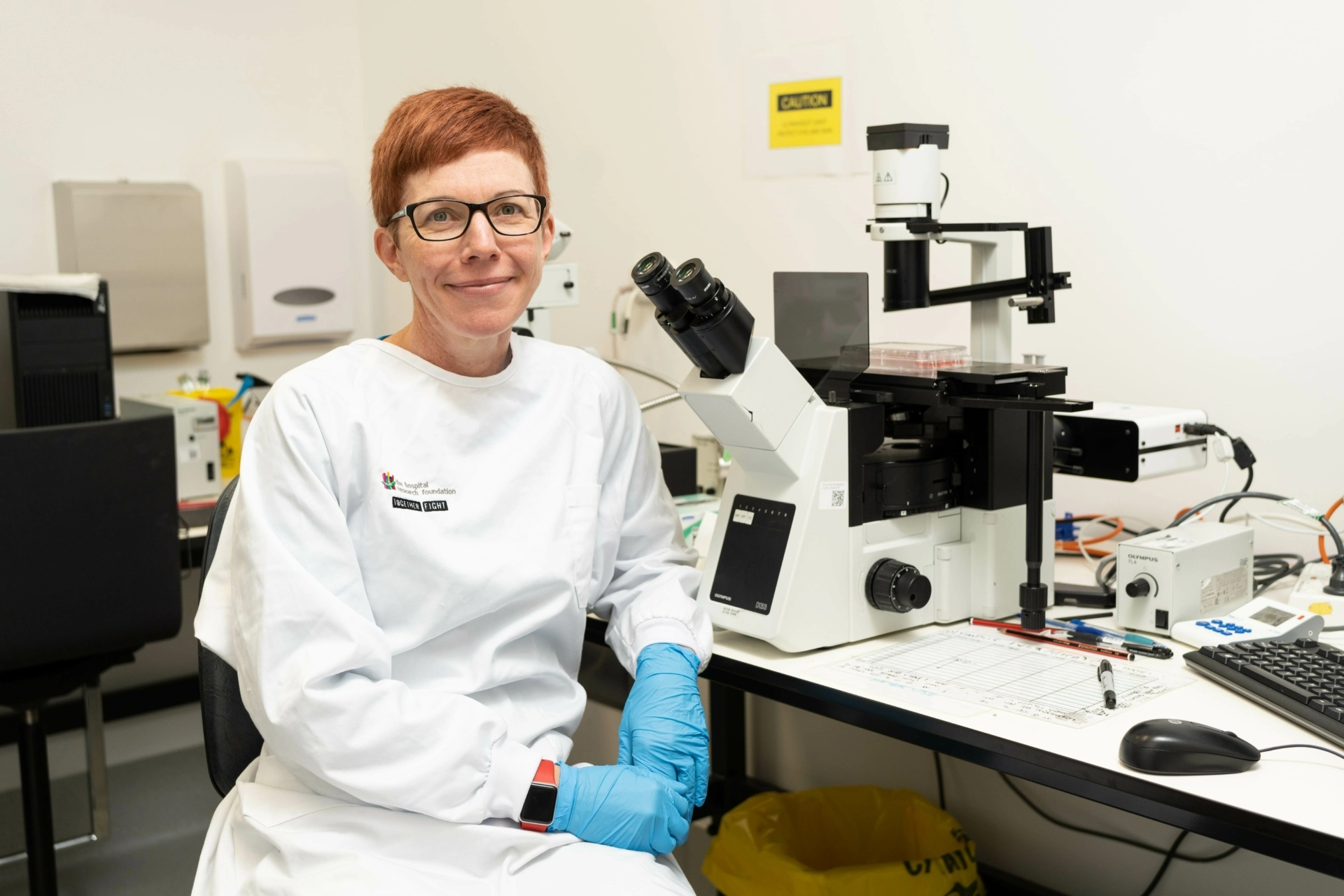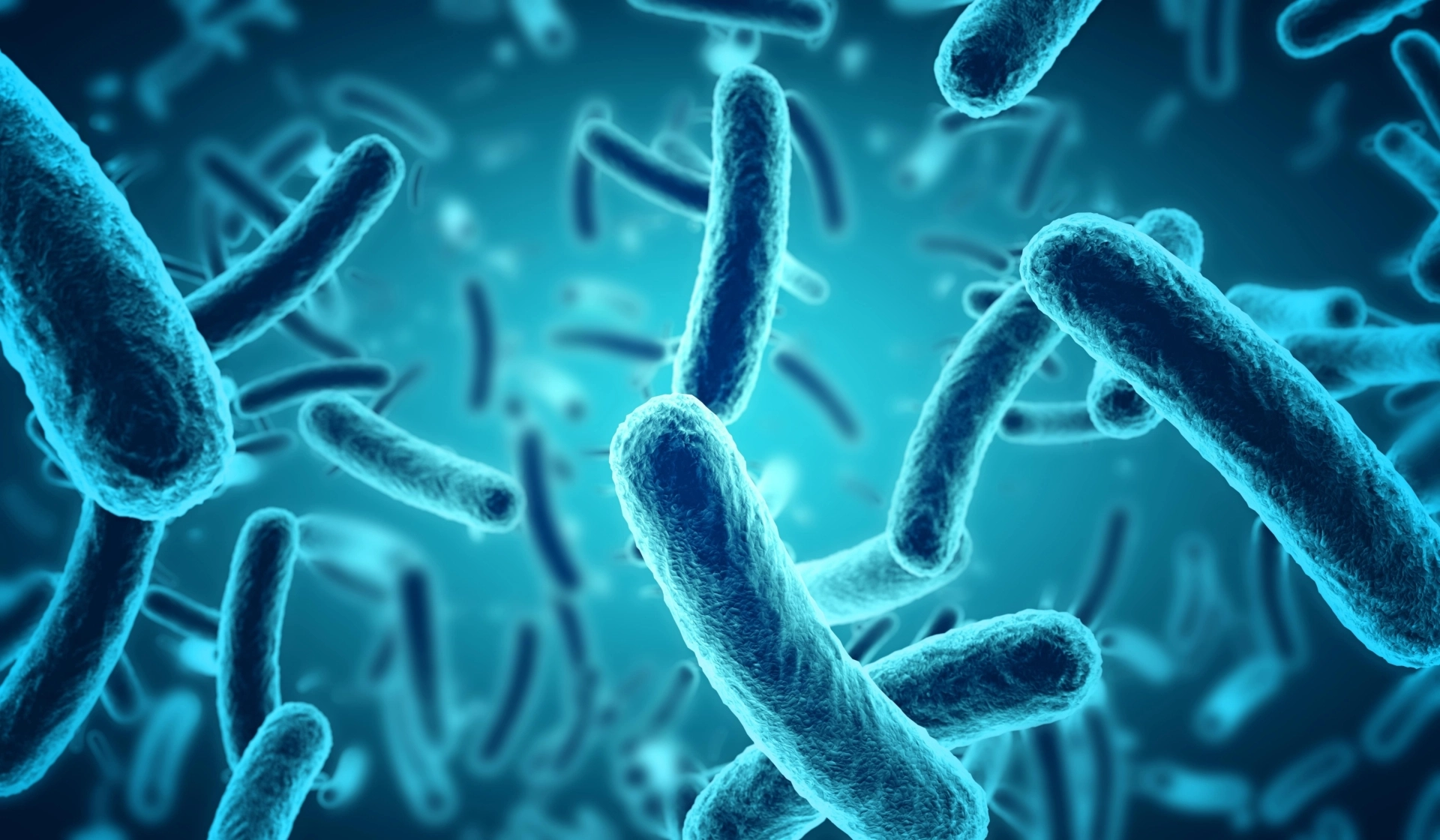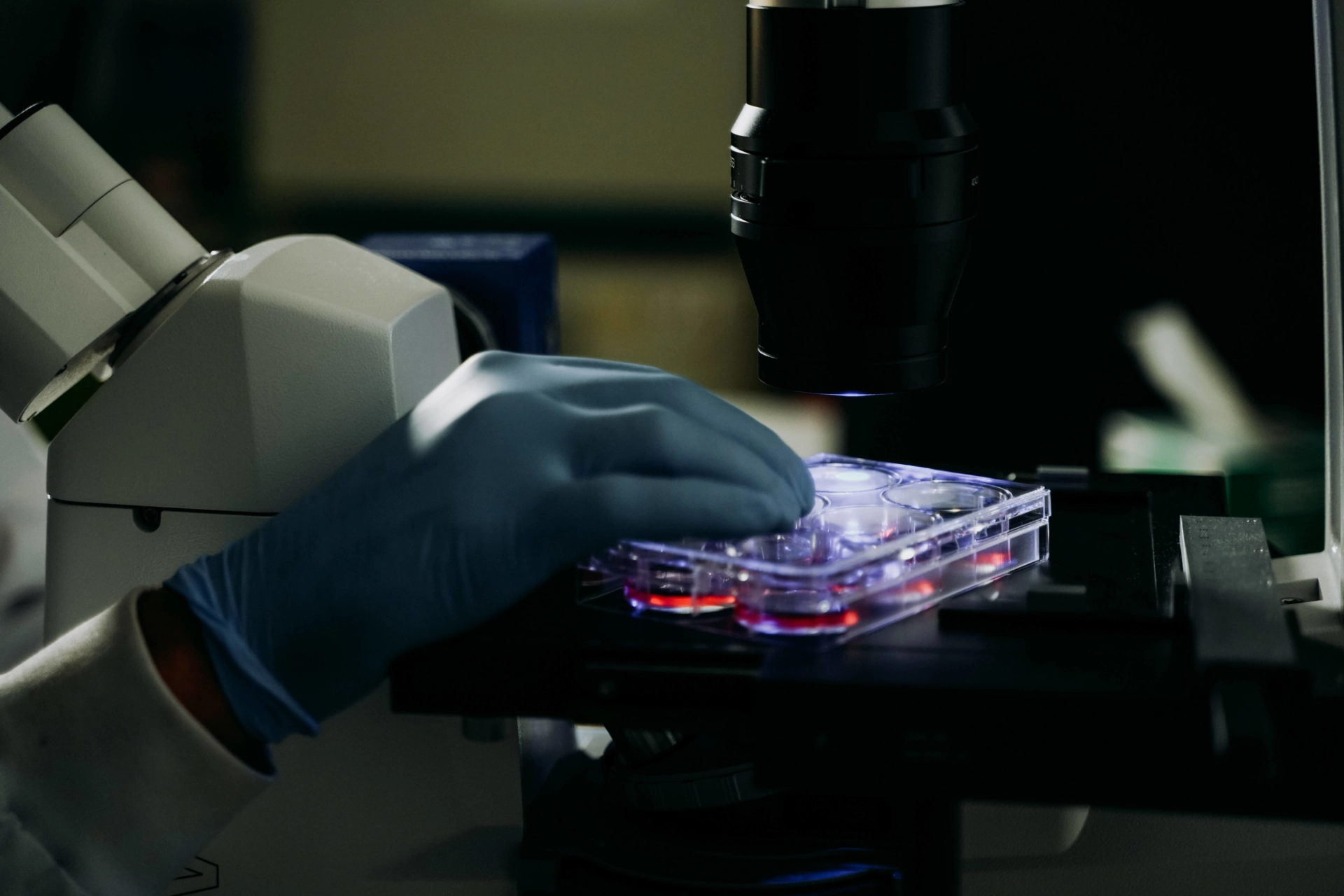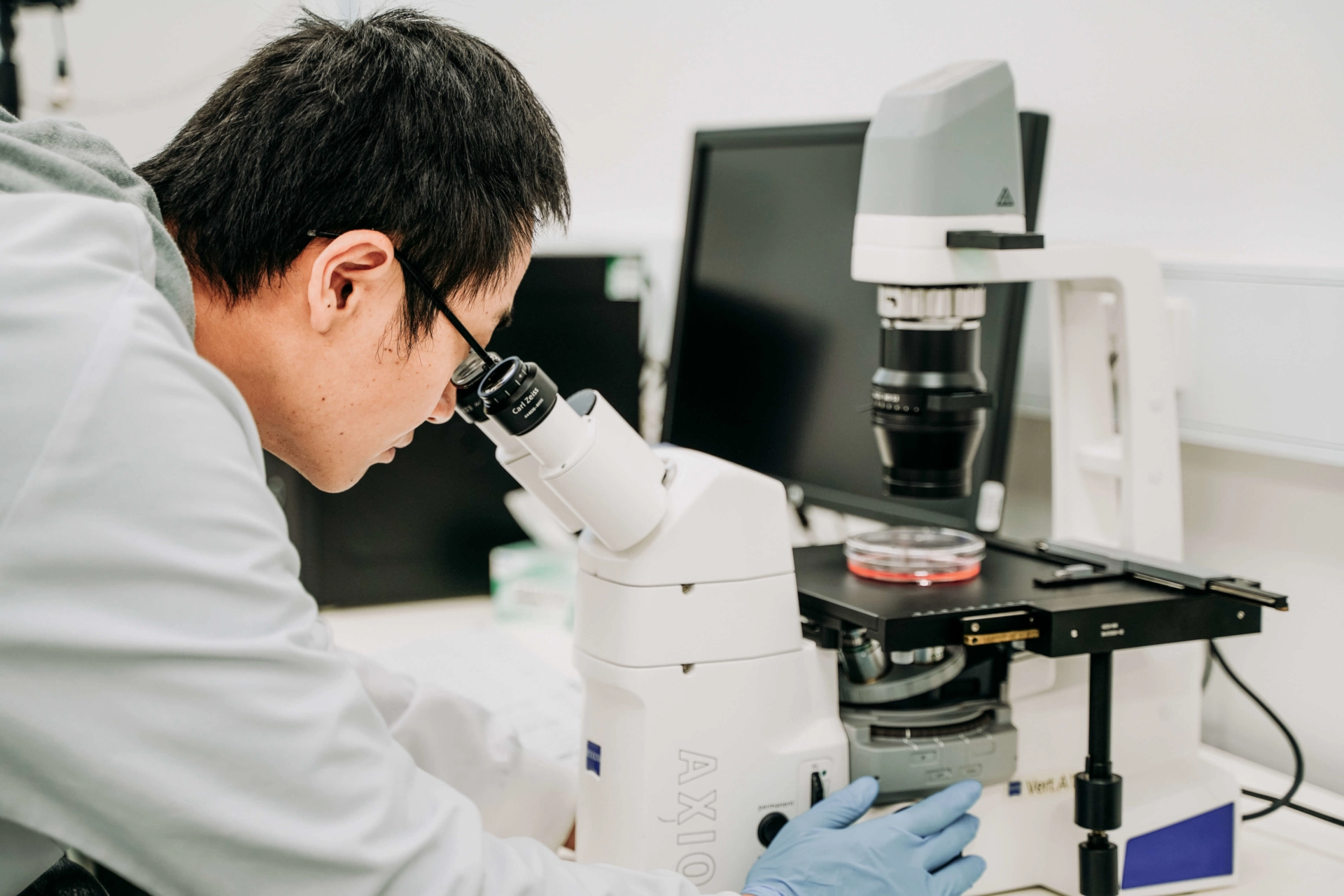An innovative project at SAHMRI is using 3D human tissue ‘organoids’, to test for genetic changes and drug sensitivity in stomach cancer patients.
The project is a collaboration between SAHMRI and the University of Adelaide and is being generously supported by local business.
Led by Associate Professor Susan Woods, the trial is a major step towards providing tailored therapeutics for people whose cancers are often undiagnosed until they reach advanced stages, by which time available treatment options are typically expended within a year.
“This is the first study of its kind to assess the effectiveness of organoid analysis in guiding future treatment,” A/Prof Woods said.
“We’re already testing different drugs on organoids we’ve been able to grow using tissue from current participants, but are looking to recruit an additional 20 trial participants from the Queen Elizabeth Hospital, Flinders Medical Centre and the Royal Adelaide Hospital.”
Since organoids are derived from a patient's own tissue, they reflect individual genetic and molecular characteristics. They therefore offer a uniquely personalised approach that can much more accurately predict how an individual will respond to different treatments.
“By optimising treatment regimens through organoid testing, we might be able to significantly reduce the risk of adverse side effects,” A/Prof Woods said.
“Organoid models are important new additions to the drug development process, giving valuable insights into drug mechanisms and resistance patterns, paving the way for new strategies to improve patient outcomes.
“This is another example of the sort of innovation that SAHMRI facilitates, by encouraging collaborations across scientific disciplines and introducing professionals who might otherwise never meet, let alone work together.”
SAHMRI Executive Director, Professor Maria Makrides thanked Haneco and its founder, Nicho Teng, for the $70,000 donation that makes this trial possible.
“SAHMRI is home to many world-leading researchers striving to make a difference to the lives of Australians through translational projects like this,” Prof Makrides said.
“The generous support we are so fortunate to receive from donors like Haneco is essential in enabling our scientists to deliver life-changing results.”
A/Prof Woods says her team is optimistic that Haneco’s generous support will unlock discoveries to improve outcomes for advanced stomach cancer patients.
“This investment has given us a fantastic opportunity to make significant strides towards improving the lives of patients living with this terrible disease,” A/Prof Woods said.
Stomach cancer is readily treatable if detected early enough, but sadly still kills more than 1000 Australians each year.
This trial is expected to be completed by the end of 2025.
